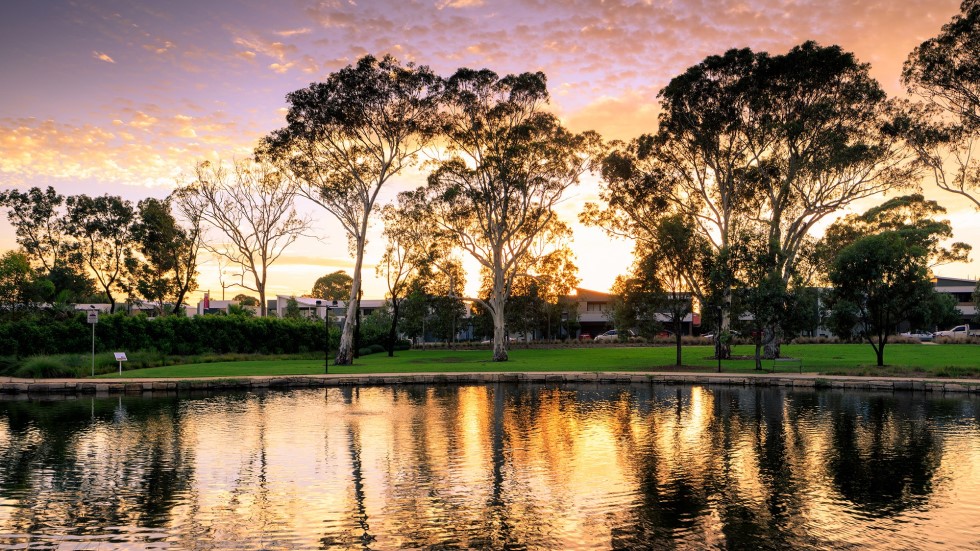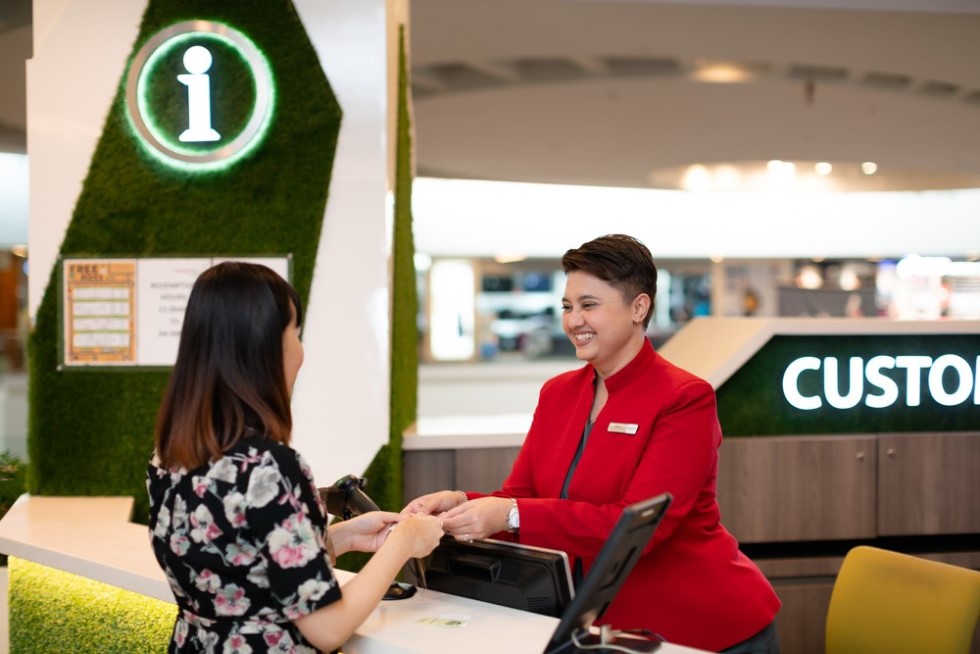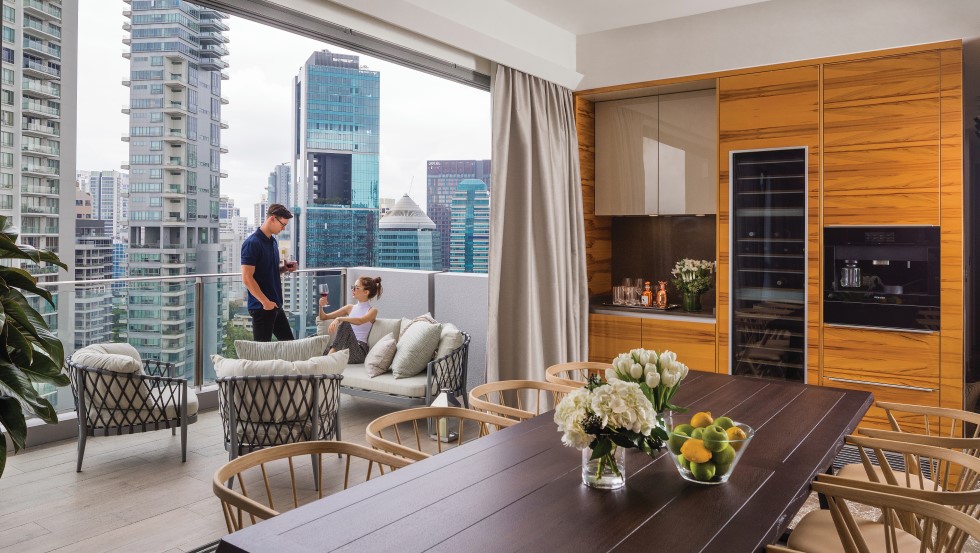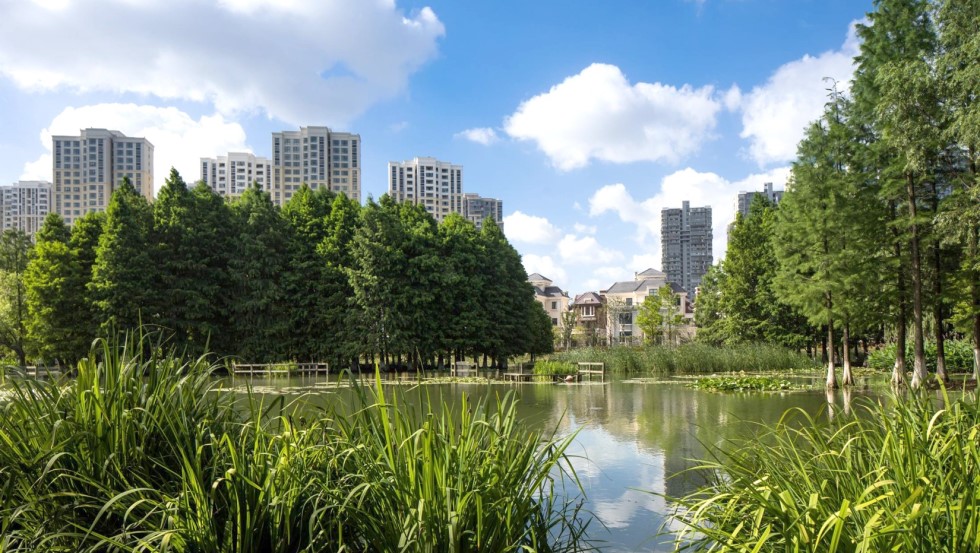04 Jun 2021
World Environment Day: Driving sustainability across our value chain

Fairwater is the first development in New South Wales, Australia, to receive the highest 6-Star Green Star rating from the Green Building Council of Australia. The residential community’s green credentials range from strong material and waste recycling, geothermal heating and cooling – the largest residential geothermal installation in the southern hemisphere – as well as thoughtfully designed open spaces for promoting healthy, active lifestyles.
Each year, the world witnesses the loss of 10 million hectares of forests. Environmental degradation already affects the wellbeing of more than three billion people with soil degradation and pollution of water sources costing US$6 trillion annually1. How much more are we willing to lose before we start restoring the environment?
World Environment Day falls on 5th of June and this year’s theme is on Ecosystem Restoration. 2021 marks the launch of the UN Decade on Ecosystem Restoration (2021-2030), which highlights the urgent need to prevent, stop and reverse the destruction of natural spaces all around our planet. This coming decade is critical in our collective fight to stop the loss of ecosystems and a further worsening of our climate crisis.
To demonstrate Frasers Property’s determination to fighting climate change and reducing our impact on the environment, we are disclosing more details on our carbon footprint in support of our Group-wide sustainability goals that includes committing to net-zero carbon by 2050.
True Net-Zero = Scopes 1, 2 and 3 carbon emissions
Not only are we going to track, reduce and offset carbon emissions from owned or controlled sources (Scope 1) and those indirectly as a result of our energy usage (Scope 2), we recognise a substantial proportion of carbon emissions from our tenants, contractors, suppliers, and vendors (Scope 3). The ambitious 2050 target of achieving net-zero (Scopes 1, 2 and 3 carbon emissions2) across our entire real estate value chain, can only be achieved with the concerted efforts of all our stakeholders.
That is not all, we expect our Australia and Industrial business units to achieve net-zero carbon much earlier by 2028 and 2030 respectively, with both business practices and processes aligned with Science-Based Targets3.
Sourcing responsibly for society and the environment
Early this year, we introduced our Group-wide Responsible Sourcing Policy that outlines our expectations of all contractors and suppliers towards the environment as well as social concerns such as human rights, labour management, health & safety, and business ethics & integrity.
On the environmental front, we recognise that services and capital goods procured from suppliers can contribute a large proportion of the real estate carbon footprint under Scope 3 emissions. We believe that only in partnership with our suppliers can we drive positive change, strengthen our supply chain, and realise net-zero carbon more quickly.
At present, we are working to better understand our suppliers’ and contractors’ sustainability practices via sustainability assessment surveys and other forms of engagement.
With better insights, we can set tangible and ambitious targets to reduce the social and environmental impacts of our supply chain, and work alongside our suppliers to bridge possible gaps.
We further plan to provide relevant sustainability training for our supply chain and related stakeholders in the near term.

We are engaging our suppliers and contractors to better understand their sustainability practices for better insights, before working with them to reduce their social and environmental impacts in our supply chain.
Green materials for a lower carbon footprint
With every new development, there is an opportunity for us to embed eco-friendly practices and solutions at the onset of design and construction. The use of recycled or renewable materials in our projects are preferred where possible. We also advocate the use of green-labelled sustainable building products in new or retrofitting projects. For example, Green Mark Platinum-certified Century Square in Singapore is fitted with high-efficiency chiller plant, air distribution systems, LED lightings and extensive use of such products.
Making smarter procurement decisions help us reduce embodied carbon emissions across our multinational portfolio. For instance, we procured and used green cement, recycled concrete aggregates and washed copper slag with lower embodied carbon content, for the construction of our Grade-A office development Frasers Tower in Singapore. While in Australia, we target a minimum 10% reduction in embodied carbon and apply techniques such as the use of steel fibres within our concrete slabs to reduce our use of concrete as well as prioritise materials with embodied carbon disclosures.
The involvement and influence on the tenant community is an important workstream to reduce our environmental impact and minimise the need to directly rely on conventionally sourced virgin materials from nature. The Frasers Property Retail Design team works closely with mall tenants to incorporate sustainable materials in their store design. The team shares their expertise on green mark guidelines as well as encourages the use of green-labelled materials, biophilic design, and sustainable practices with tenants to involve them in our sustainability journey.
Reducing waste intended for landfill
As urbanisation drives the development of towns and cities that leads to further pressure on natural habitats and our local ecosystems, we need to manage and reduce our waste streams more adequately.
In constructing new developments, we have clear expectations and practices to minimise construction waste and encourage recycling practices. At Burwood Brickworks, the project team set out to account for all waste generated with emphasis on sorting and recycling where possible. A staggering 99% of waste for this project was eventually diverted from landfill, showing that it is indeed possible for our development needs to coexist with the natural environment. Recently, it has been recognised as the world’s most sustainable shopping centre with its achievement of the Living Building Challenge® Petal Certification.
We are also an advocate of replacing single-use plastic across our global operations. Our amenities and packaging in our food and beverage offerings, apartments and bathrooms have been replaced with alternative or biodegradable materials. At present, over 90% of Frasers Hospitality-managed assets have implemented plans to phase out single-use plastics.

Over 90% of Frasers Hospitality-managed assets have embarked on phasing out single-use plastics. Amongst these hospitality properties include Fraser Residence Orchard, our award-winning serviced residence located along Singapore’s vibrant shopping belt Orchard Road and a stone’s throw away from world-class medical facilities and international schools.
We partner like-minded organisations to expand the ease of recycling specific materials such as electronic waste, clothes and textiles, used soap bars, and plastic or metal cans and bottles in our properties. Special recycling bins and vending machines are conveniently located to encourage employees, tenants, customers and the local community to improve recycling efforts.
At our UK business parks, tenants’ refurbishment works are a regular affair. Disposed furniture and materials from previous tenants are often still in good condition. In 2020, we donated carpet tiles to a local primary school and old furniture from a café to the local football club for use during social and match days as part of our local sustainability community project.
Taking care of biodiversity within and around our businesses
Biodiversity is the bedrock of healthy and functioning ecosystems that support our livelihoods, supply us with oxygen, provide different varieties of food, and even create greater resilience against pandemics. Scientists and experts have repeatedly warned that urgent action is needed if we are to avoid a global ecological collapse – biodiversity has declined by more than a quarter in the last 35 years according to a recent World Wildlife Fund study4.
In all our projects, across our different real estate properties ranging from retail malls, business parks, residential developments to serviced apartments, we strive to conserve, regenerate, and enhance local ecosystems and support biodiversity. More on how we do our part for nature here.

Located in the Eastern Jin Ji Lake area of Suzhou Industrial Park, Suzhou Baitang One offers a panoramic, scenic view of Baitang Botanical Park. Our residential development takes advantage of the park's natural greenery, which intertwines and extends into the recreational gardens of these homes. The project has received several awards including the Construction Excellence Award and the Best Living Residential Environment Award for creating the most liveable local residential precinct from the Suzhou Municipal Government.
Ultimately, we want to encourage not just our own people, but create lasting impressions with everyone we touch to inspire and involve their participation in our sustainability journey. Our purpose directs us to create lasting shared value for shareholders and the communities we serve, for generations to come.
Footnotes:
1 Facts and figures, World Environment Day, 2021
2 Scope 1 covers direct emissions from owned or controlled sources. They include the use of natural gas for heating, diesel for backup generators, and release of refrigerants.
Scope 2 covers indirect emissions from the generation of purchased electricity, steam, heating and cooling consumed by the company.
Scope 3 includes all other indirect emissions that occur in a company's value chain. Significant sources include the production of construction materials for our developments, energy consumption from our tenants and contractors, transmission and distribution losses through the power grid, waste management and emissions from our investments.
3 Science-Based Targets provide companies with a clearly-defined path to reduce emissions in line with the Paris Agreement goals.
4 “So what’s the problem?”, World Wildlife Fund, 2021
